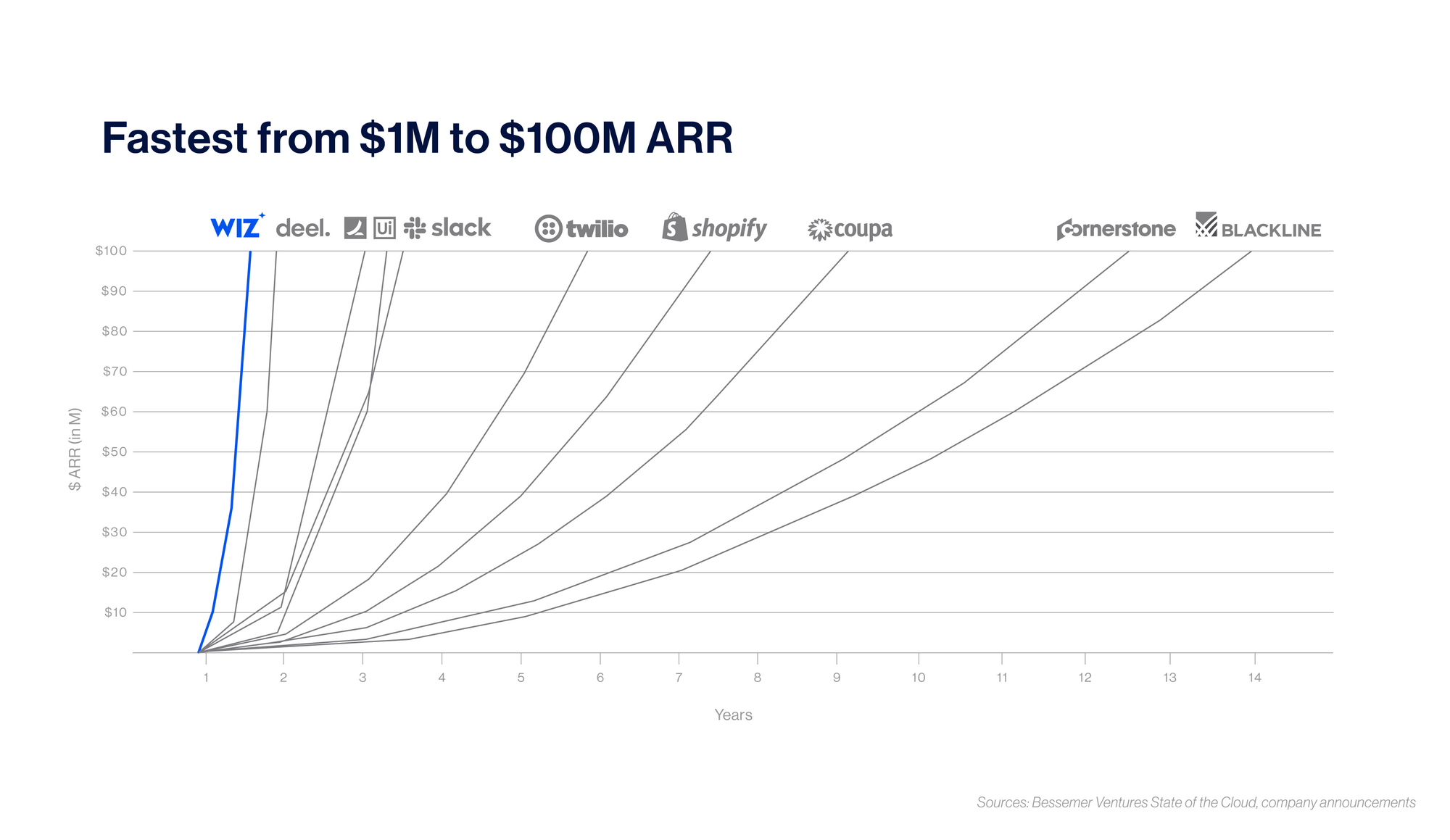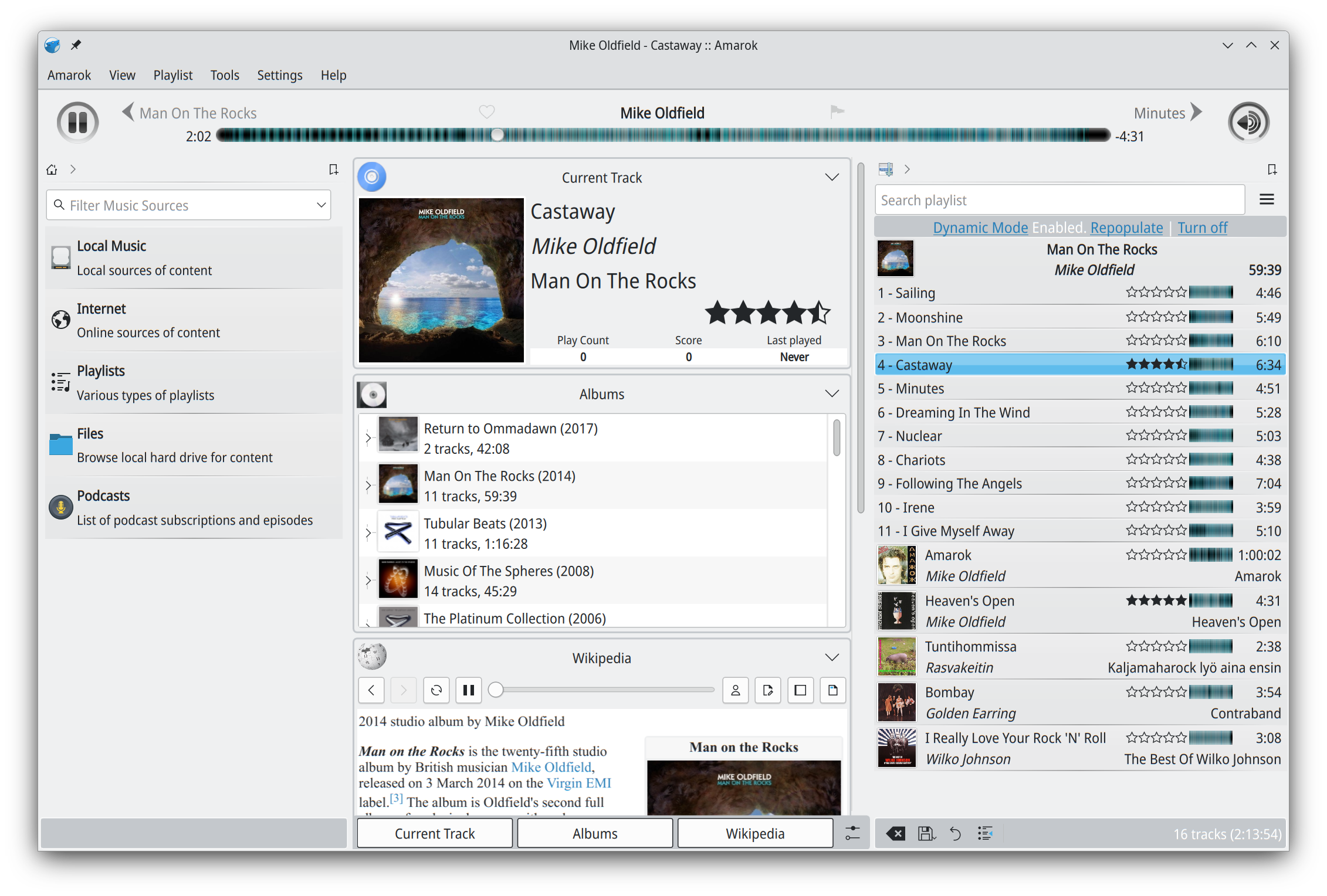《罗蕾莱与激光眼》:一款让人又爱又恨的解谜游戏 (mssv.net)

《罗蕾莱与激光眼》是一款风格化的解谜游戏,其灵感源自法国新浪潮电影《去年在马伦巴》。游戏以其独特的固定视角、单按钮操作和抽象的谜题设计,挑战着玩家的认知和耐心。文章作者对游戏的评价充满了矛盾,一方面赞赏其精美的画面、引人入胜的故事情节和大胆的艺术尝试,另一方面也指出了游戏在谜题设计和引导方面存在的缺陷,导致玩家容易陷入困惑和挫败感。
Kumdor粉丝网站 (lynn.github.io)
本文介绍了一款名为“Kumdor之剑”的NEC PC-98打字RPG游戏。作者将其翻译成英文,并详细介绍了游戏情节、玩法、特色,以及翻译过程中的技术细节和心得体会。文章还推荐了一些与游戏氛围相符的电子音乐。
“同志毛茸茸黑客”声称对传统基金会遭黑客攻击事件负责 (theintercept.com)

自称“同志毛茸茸黑客”的SiegedSec组织声称对保守派智库传统基金会的在线数据库入侵事件负责。SiegedSec发布了传统基金会的资料缓存,作为其针对反对跨性别者权利组织的一系列黑客攻击的一部分。该组织表示,他们获取了传统基金会数据库中“每个用户”的密码和其他用户信息,包括传统基金会主席Kevin Roberts和一些美国政府雇员的账户。传统基金会对此予以否认,称SiegedSec只获取了不完整的密码信息,且这些文件是通过第三方网站获取的,并非黑客攻击。
GitHub - rajatjindal/wasm-console:一个非常基础的 wasmshell (github.com)
本文介绍了一个名为 wasm-console 的基础 wasmshell 项目,该项目使用 Go 语言编写,并提供了一个简单的命令行界面,用于与 WebAssembly 模块进行交互。用户可以使用 wasm-console 加载、执行和调试 WebAssembly 模块。
Omakub: 一键配置 Ubuntu 开发环境 (github.com)
Omakub 是一款能够一键将全新 Ubuntu 系统配置成功能齐全、美观且现代化的 Web 开发系统的工具。它预设了常用工具的配置,并包含最新的命令行工具,为开发者省去了繁琐的配置过程。
特斯拉加州销量下降17% (cleantechnica.com)

特斯拉在加州的销量下降了17%,尽管特斯拉Model Y仍然是加州汽车市场最畅销的车型。文章分析了特斯拉销量下降的原因,包括政治因素、市场饱和、竞争加剧、产品缺乏新意等。作者认为,加州的销量数据对特斯拉来说是一个警告,特斯拉需要推出新的产品和策略来应对挑战。
邮资代码 - 维基百科 (en.wikipedia.org)

邮资代码是荷兰的一种手写邮资方式,由九个数字和字母组成。客户可以在网上从荷兰邮政购买,并在五天内直接写在邮件上,作为邮票的付款证明。该系统于2013年启动,最初比邮票贵,但最终价格与邮票相同。
复杂系统中大规模秩序如何出现的谜题 (www.wired.com)

长期以来,科学家们对复杂系统中涌现现象缺乏一个统一的解释。Fernando Rosas 等研究人员提出了一个新的框架,认为涌现现象源于系统自我组织成多级层次结构,每一级都独立于较低级的细节运作,类似于软件在不依赖于硬件细节的情况下运行。他们使用计算力学来识别哪些系统具有这种层次结构,并在神经网络和细胞自动机等模型系统中验证了他们的理论。
生日快乐,个人电脑! (www.latimes.com)

文章纪念 IBM 个人电脑发布周年,回顾了个人电脑发展历程以及人们使用个人电脑的体验。 从早期的 Altair、Commodore PET 到苹果电脑,再到 IBM 个人电脑的普及,个人电脑改变了人们的生活方式,尤其是在写作、沟通和娱乐方面。 文章还分享了各行各业的人们使用不同品牌和型号个人电脑的经历,展现了个人电脑对个人和社会产生的深远影响。
海明威弟弟在加勒比海建立“新亚特兰蒂斯”微型国家的始末 (www.smithsonianmag.com)
/https%3A%2F%2Ftf-cmsv2-smithsonianmag-media.s3.amazonaws.com%2Ffiler_public%2F83%2Fde%2F83dedf3c-ddbd-4f42-884b-80362e8b50fe%2Fleicester.jpg)
莱斯特·海明威,著名作家欧内斯特·海明威的弟弟,于1964年7月4日在一个竹筏上建立了“新亚特兰蒂斯”微型国家。莱斯特是一名作家和冒险家,他创建“新亚特兰蒂斯”的目的是为了保护加勒比海的渔业,并将其作为一个大胆的民主实验。尽管莱斯特努力将其打造为一个合法的国家,但“新亚特兰蒂斯”最终还是在1966年的一场热带风暴中被摧毁。
利用直线校正广角镜头畸变 (hh409.user.srcf.net)
本文介绍了一种利用图像中直线来估计和校正广角镜头畸变的方法。文章首先介绍了简单的径向畸变模型,然后详细讲解了如何使用Canny边缘检测、改进的Hough变换以及迭代优化算法来估计畸变参数。文章还讨论了如何将该方法得到的畸变模型与OpenCV库中的畸变模型进行匹配,以便在实际应用中更方便地使用。
奥运会官员如何试图抓住“电动兴奋剂” (spectrum.ieee.org)

自2016年首次发现职业自行车比赛中的“电动兴奋剂”以来,国际自行车联盟(UCI)一直在努力打击这种新型作弊行为。UCI在比赛中部署了磁力计和平板电脑扫描仪,甚至X射线成像等技术,用于检测隐藏在自行车中的微型电机。尽管UCI的检测手段日益先进,但一些专业人士认为,只有实时监控自行车才能彻底杜绝“电动兴奋剂”。
公共厕所正在消失,这是一场公民灾难 (psyche.co)

公共厕所数量的减少对所有人,尤其是对患有健康问题和边缘化群体的人来说是一场灾难。作者通过自身患病经历,阐述了公共厕所的重要性,并指出其匮乏对个人健康和公共卫生的影响。文章还探讨了发展中国家和发达国家在公共厕所问题上的差异,以及性别、社会经济地位等因素对人们使用公共厕所的影响。作者呼吁社会关注公共厕所问题,将其视为一项基本人权,并希望未来每个人都能方便地使用到高质量的公共厕所。
Crafting Interpreters (craftinginterpreters.com)
《Crafting Interpreters》这本书教你如何从零开始构建一门脚本语言,内容涵盖语法解析、语义分析、字节码表示、垃圾回收等。你将亲手编写数千行代码,实现一个功能丰富的语言,包括动态类型、垃圾回收、词法作用域、一等函数、闭包、类和继承等特性。
沃尔玛采用电子货架标签,这意味着什么? (www.npr.org)

沃尔玛计划在2026年前为2300家门店配备电子货架标签,以提高效率并减少人工成本。电子标签允许零售商频繁更改价格,与在线价格保持一致,并提供产品详细信息。专家认为,电子标签有助于提高效率,但不太可能导致价格波动,因为零售商更注重长期客户关系。
网络稻草人 (www.cyberscarecrow.com)
网络稻草人是一款在电脑后台运行的软件,旨在让电脑对病毒和恶意软件产生“恐吓”作用,从而保护电脑安全。该软件目前处于测试阶段,适用于Windows 10/11系统。
谷歌开发者:设置第一方模式 (developers.google.com)
本文介绍了如何在网站上设置 Google 标签的第一方模式。第一方模式通过在用户网站和 Google 服务之间建立一层数据安全,以更安全的方式恢复丢失的测量信号,并提供更多数据隐私控制,例如完整的 IP 混淆。文章详细介绍了选择标签服务路径、路由流量、更新网站脚本以及测试测量设置等步骤,并以 Google Cloud 和 Cloudflare 平台为例,提供了详细的操作指南。
纽约地铁:古老的控制系统在技术中断时保持运行 (www.curbed.com)

在最近一次全球性的技术故障中,纽约大都会运输署(MTA)的系统经受住了考验。尽管机场、电视台、法院和车管所等机构都受到了影响,但MTA旗下的地铁、通勤列车和公交车仍然正常运行,这主要归功于其古老而独立的信号和控制系统。与依赖蓝牙信标的更新系统相比,这些老系统在技术故障中表现出更强的稳定性。
Wiz 创下软件公司最快增长纪录,18个月内年经常性收入达1亿美元 (www.wiz.io)

云安全公司 Wiz 宣布,其年经常性收入 (ARR) 在短短 18 个月内从 100 万美元增长到 1 亿美元,创下了软件公司最快增长纪录。Wiz 的成功归功于其创新的安全解决方案,该方案专注于为企业提供全面的云环境可见性,并帮助他们快速识别和消除关键风险。Wiz 采用无代理、以 API 为中心的方法,可无缝扫描工作负载,并通过 Wiz 安全图谱识别、关联和优先考虑所有层面的风险。
Amarok 3.0 Castaway 发布了 (blogs.kde.org)

该网站是一篇博客文章,宣布发布了 Amarok 3.0 Castaway,这是一款流行的 KDE 媒体播放器。文章重点介绍了新版本中的新功能和改进,包括改进的界面、新的音频引擎和更好的播客支持。
超越欧几里得:几何、拓扑和代数结构现代机器学习的图解指南 (www.arxiv.org)

这篇论文回顾了现代机器学习如何从传统的基于欧几里得空间的数据处理方法,转向能够处理包含复杂几何、拓扑和代数结构的非欧几里得数据的算法。文章提出了一种图形化的分类法,将最新的研究成果整合到一个直观的统一框架中,并探讨了当前的挑战和未来的发展机遇。
对AWK的创造者Brian Kernighan博士的简短采访 (pldb.io)

这篇文章是对AWK编程语言的创造者之一Brian Kernighan博士的简短采访。在采访中,Kernighan博士谈到了AWK的一些新颖之处,比如关联数组和模式-动作范式,以及他在设计编程语言时所使用的参考资料。他还给那些想进入编程语言设计领域年轻人提出了一些建议,建议他们尝试设计和实现小型和专用的语言。
CrowdStrike故障:一个警示 (www.theatlantic.com)

全球关键系统因CrowdStrike一家公司的错误而崩溃,银行、航空公司和医疗保健系统受到严重影响,这可能是历史上最严重的信息技术灾难。作者认为,这不是不可预见的意外,而是过度互联优化而非去中心化弹性的必然结果。现代社会系统过度依赖少数公司和软件,缺乏冗余和容错机制。作者呼吁,为了避免更大的灾难,社会系统需要在效率和弹性之间取得平衡,通过分散风险、加强监管和增加冗余来提高抗风险能力。
物理学家可能找到合成元素周期表上最重元素的方法 (www.newscientist.com)

美国劳伦斯伯克利国家实验室的科学家们找到了一种合成元素周期表上最重元素的方法。他们用钛原子束轰击钚,成功合成了第116号元素——𫟷。这种方法为合成第120号元素(Unbinilium)铺平了道路。Unbinilium将是元素周期表中最重的元素,其合成将对理解强力以及宇宙早期奇异元素的形成具有重要意义。
影子公司盗用科技博客作者身份,利用AI生成虚假内容 (arstechnica.com)

一家名为Web Orange Limited的网络广告公司通过模仿原作者的署名,利用AI生成的内容重新创建了一些已经停刊的经典科技博客,例如The Unofficial Apple Weblog (TUAW) 和 iLounge。该公司购买了这些博客的域名和品牌名称,但没有购买内容,然后使用AI工具重新编写原始内容并以原作者的名义发布。该公司还被发现未经允许在其他地方重复使用真实人物的照片,并在被发现后修改了作者署名。
创始人创业金融指南(一):会计 (rein.pk)
本文是关于创业公司财务实践经验分享的两部分系列文章中的第一部分。作者Peter Reinhardt是Charm Industrial的CEO和联合创始人,他以自己的创业公司Segment为例,讲述了在公司发展过程中学习到的会计知识,包括银行账户结构、信用卡额度、合同和发票等方面的实际操作经验,以及如何应对创业公司在财务管理中遇到的挑战。
Briefer:云端协作数据平台 (briefer.cloud)
Briefer 是一款支持 SQL、Python 的云端笔记本工具,它提供文件树、块和标签、文件和数据库、自动数据帧、AI 助手、计划任务、快照和版本控制、评论和共享、笔记本到仪表板等功能。您可以使用 Briefer 查询数据、创建可视化图表、编写 Python 代码、安排笔记本运行时间、与团队成员共享和协作,并将笔记本输出用于创建仪表板。

